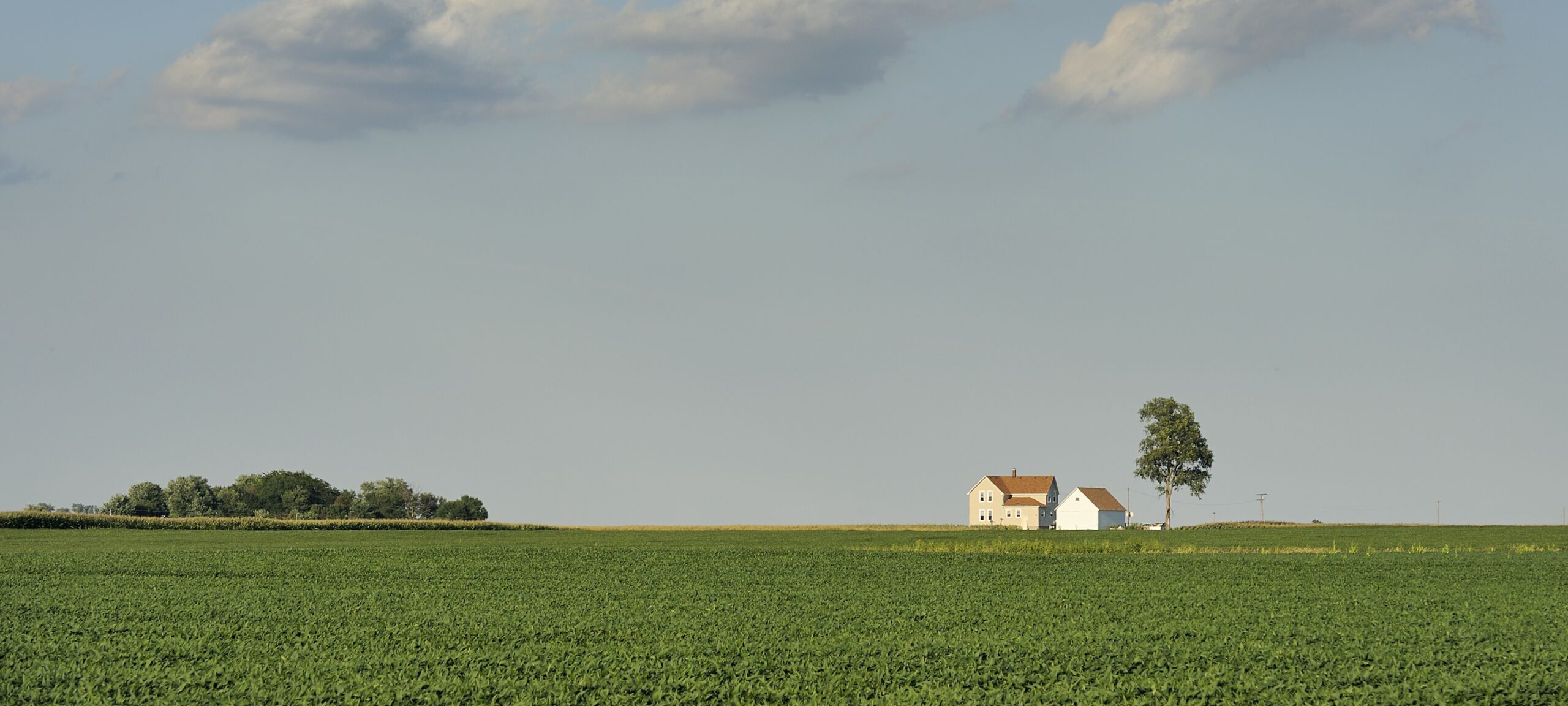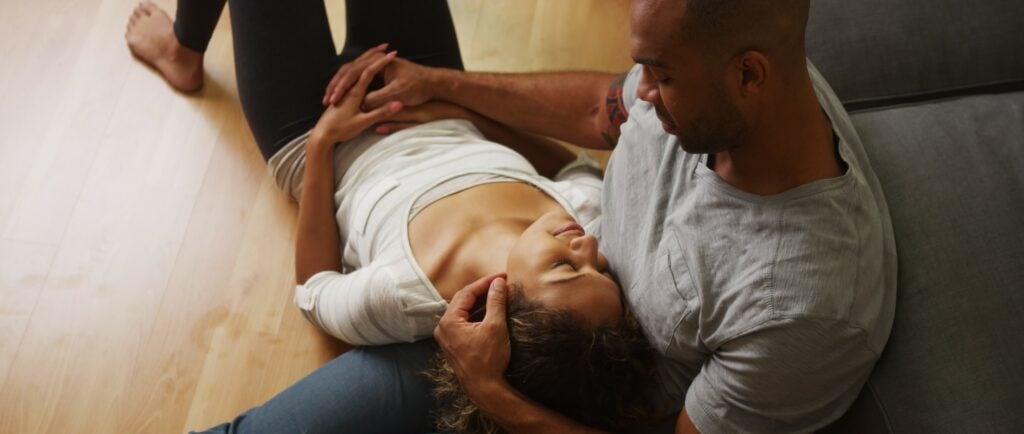There’s no place called home
Reviewed by Susan Radzilowski, MSW, LMSW, ACSW


On November 18, 1994, author Hollye Dexter and her husband, Troy, put their four-year-old son to bed and went to sleep themselves a few hours later. Their daughter wasn’t at home. Dexter felt off that night and awoke several times, eventually winding up next to her toddler.


At 3 a.m., “I woke up to Troy screaming for me to get out of the house,” she says.
She leapt out of bed, tired and groggy, unaware she was already being poisoned by the fire raging one story below. Dexter had only seconds to kick out and jump through a second-story window with her son in her arms. As the emergency sirens grew closer, she and her family watched their home burn to the ground.
Stories like Dexter’s happen every day. Millions of people lose their homes in any number of ways, though for some it’s less literal. Disconnecting ideologically or emotionally from a place you once loved can be just as devastating.
When home no longer feels like home, how do you move on?
Finding yourself at home
In the late 1970s, environmental psychologist Harold Proshansky coined the term “place-identity.”1 It refers to how a person’s identity is defined in relationship to their physical environment through feelings, values, goals, preferences, skills, and behavioral tendencies relevant to that environment.
Psychologist Vivian Khedari DePierro, PhD, specializes in working with refugees and migrants. Sometimes, she says, our identity isn’t defined by the physical space we call home, but by the memories attached to it. “When we think about what makes home ‘home,’ we sometimes confuse space and time,” Khedari DePierro says. “Our idea of home is located in our memory as a physical space, but it also contains the people who were there and the situations happening at the time.”
This means when displaced people try to go home, they may feel a unique sense of confusion, says Khedari DePierro: “Those who do get to return find themselves still feeling like foreigners, because they wanted to return to a moment and believe that home stays static.”
Losing more than just stuff
Dexter recalls the first time she realized what the concept of home meant to her and how shattered she felt that it was gone. After the fire, her family stayed in the hospital for a few days to recover from carbon monoxide poisoning and some burns.
“One day, the nurse came in and told us we could go home. We just looked at one another,” says Dexter. “We had nothing. Not even the clothes on our backs, because they’d been burned. We had hospital gowns and each other.”
Friends tried to console her by reminding her that everything she’d lost was just “stuff,” but Dexter didn’t see it that way. “I remember thinking that by ‘stuff,’ I’m talking about my security, my safe place, my identity, my business, the place I tuck my kids in at night,” she says. The fire also destroyed precious family heirlooms like her wedding dress, photos of her kids, and her great-grandmother’s chair that had rocked three generations of babies.
“It was much more than a home for me,” says Dexter. “I lost a part of myself.”
When home stops feeling that way
Even if you don’t physically lose your home, there are other ways for the tide to change. Finding yourself at odds with a place you once loved can mark a real rift.
Whether you’re dealing with a problematic neighbor, a rise in crime, shifting local ideologies, unaffordability, or the loss of a parent or partner, home can start to feel uncomfortable or even unsafe. “There are things keeping us in our environment and things pushing us out,” says Khedari DePierro. “It can shift daily.”
It’s not exactly easy to pick up and go, though. You may be hesitant for several reasons:
It costs a lot to relocate. Depending on how far you’re going and the size of your family, moving can be very expensive. If you’re a renter, you have security deposits and down payments to think about—and homeowners may be juggling mortgages, repairs, and real estate agents. If you’re taking a pay cut to move or don’t have a new job lined up, it may take months to find employment. If you’re fleeing a dangerous situation or moving to a new and unfamiliar place, your list of needs may be much longer and more complicated.
You may lose family support. As a working mom, I feel grateful to have had my family nearby to help care for my kids, and living near my grandmother in her final years has brought me great joy. For us and for many other families, moving away would mean not only giving up emotional support but adding the financial strain of paying for childcare.
It can be painful to leave a familiar place. Khedari DePierro remembers coming to the United States from Venezuela seven years ago. “I was trying to describe what I was experiencing, and I chose to think of it like a phantom limb,” she says. “You make your decisions, and then you must live with your phantom pain and hope that some days will be better.” Leaving Venezuela was the right choice for her, Khedari DePierro says, but “I wish I’d never had to make that choice to begin with.”
Let yourself feel all the things
Losing your home—or even just wanting to leave it behind—can take a toll on your mental health. It’s important to let yourself have complicated feelings about it.
Khedari DePierro describes those feelings as a “little nag,” or the tiny voice whispering in your ear that you’re not happy and don’t have the life you imagined for yourself. “Once you have that little nag, it’s hard to let it go,” she says. “This can lead to depression and anxiety.”
Start by having compassion for yourself, says Khedari DePierro: “We understand, for example, that when someone dies, we will mourn them by feeling grief and sadness. We can also give ourselves permission to go through these processes with other circumstances in life.” She points out that as with grief, there will be hard days and easier ones.
Self-compassion is especially important if you’ve been forced from your home for reasons you can’t control. The depth of trauma you might experience can vary depending on the situation. If you’re suddenly displaced because of an accident or a disaster you had little time to prepare for, you may feel shocked and hopeless.2
What to do if you can’t move
If you’re unhappy where you are but moving isn’t an option, there are other ways to find support.
Build your network. Look for chances to make new friends at work, at school, or in the community. Joining clubs isn’t for everyone, but you could try a local fair, an art show, or a neighborhood volunteer project. If you’ve exhausted your local search, try looking for an online community based on a shared identity. I joined a Facebook group for moms of multiples when my daughters were four, and many of the members are still my friends a dozen years later.
Look for ways to escape temporarily. Living in a place that causes you stress or anxiety can wear you down. If possible, plan a mini vacation to give yourself a break. Affordable options include camping or visiting an out-of-town (or even local) friend. These getaways will give you something to look forward to and may help your living situation feel more tolerable.
Talk with a mental health professional. A therapist can help you navigate these feelings and work toward a place of peace with staying put. Browse our directory to find a licensed therapist near you.
The aftermath of displacement
Being displaced can have long-lasting financial, emotional, and even physical effects. In a study by the Center for American Progress, researchers evaluated people displaced by Hurricane Katrina 10 years after the storm forced them from their homes.3 The results indicated that many participants, especially those with lower incomes, faced greater hardships than they had before evacuation. They were less likely to graduate from high school and more likely to have mental health problems, and they had fewer opportunities for economic mobility.
Refugees and other people displaced by threats, violence, war, or persecution are leaving behind a familiar country and culture. Some may be moving entire families or fleeing alone and leaving family behind. Given these factors, refugees are more likely to suffer from posttraumatic stress disorder (PTSD), anxiety, depression, and psychosis.4
If you’ve been displaced, there are resources to help you take the first step toward rebuilding. The Disaster Distress Helpline provides emergency mental health resources for people impacted by fires or other disasters, including mass shootings, floods, and hurricanes. Refugees can connect with the US Office of Refugee Resettlement and local services such as RefugeeOne.
Dexter credits her local Red Cross as instrumental in her family’s recovery—the organization even offered them therapy.
“I was so grateful, because when you have a tragedy like that hit you and you already have a crack in your foundation, you’re screwed,” she says. “Therapy was a lifesaver.”
Rebuilding after loss
Today, Dexter and her family live in the house they bought almost 25 years ago. “We’ve poured a lot of love into this home,” she says, but she doesn’t sweat the small stuff the way she used to before the fire. “If someone breaks a glass, who cares? I know that stuff is fleeting now.”
Dexter’s journey through loss and rebuilding left her with a new sense of resilience. “Once you go through something like that, you know you can face other hard challenges and be okay,” she says. “Now I understand: Home is wherever we gather together.”

Sources
About the author
Amye Archer, MFA, is the author of “Fat Girl, Skinny” and the coeditor of “If I Don’t Make It, I Love You: Survivors in the Aftermath of School Shootings,” and her work has appeared in Creative Nonfiction magazine, Longreads, Brevity, and more. Her podcast, “Gen X, This Is Why,” reexamines media from the ’70s and ’80s. She holds a Master of Fine Arts in creative nonfiction and lives with her husband, twin daughters, and various pets in Pennsylvania.
Related articles

How to manage your mental health after a layoff
Losing your job can be a traumatic experience—and an exciting opportunity...

When pregnancy loss takes center stage
As more celebrities make the brave decision to tell their stories of pregnancy...

The slow burn of anticipatory grief
Getting a terminal diagnosis—or loving someone who does—may give you more...

As all of us in the United States move into the coming months, a full year into...
